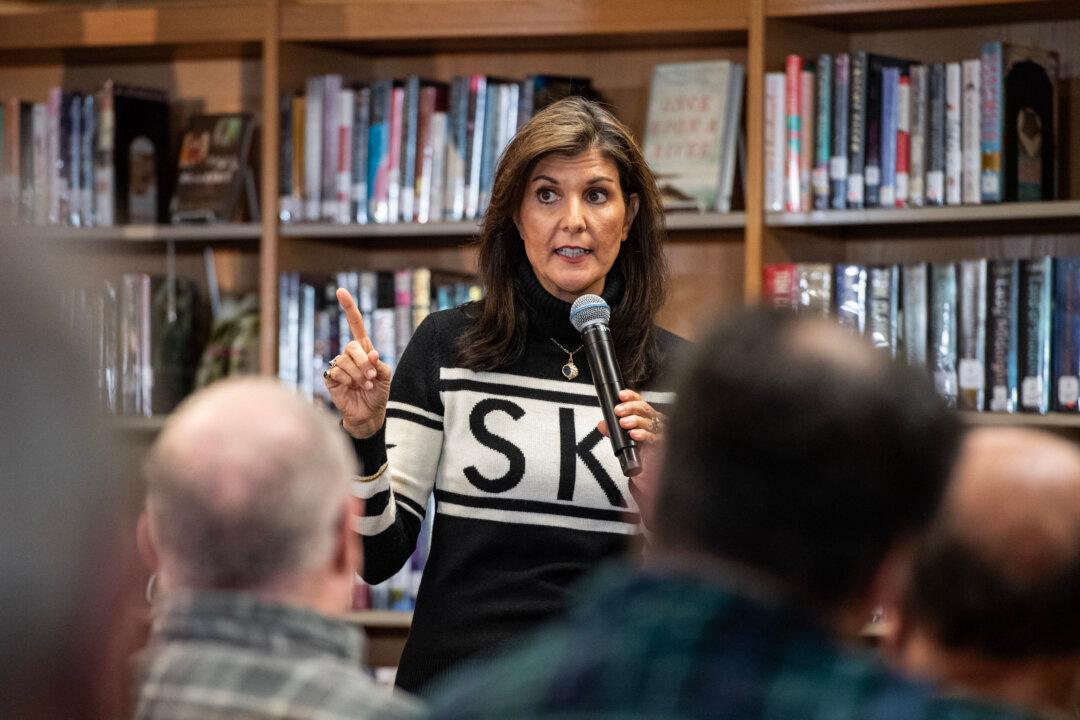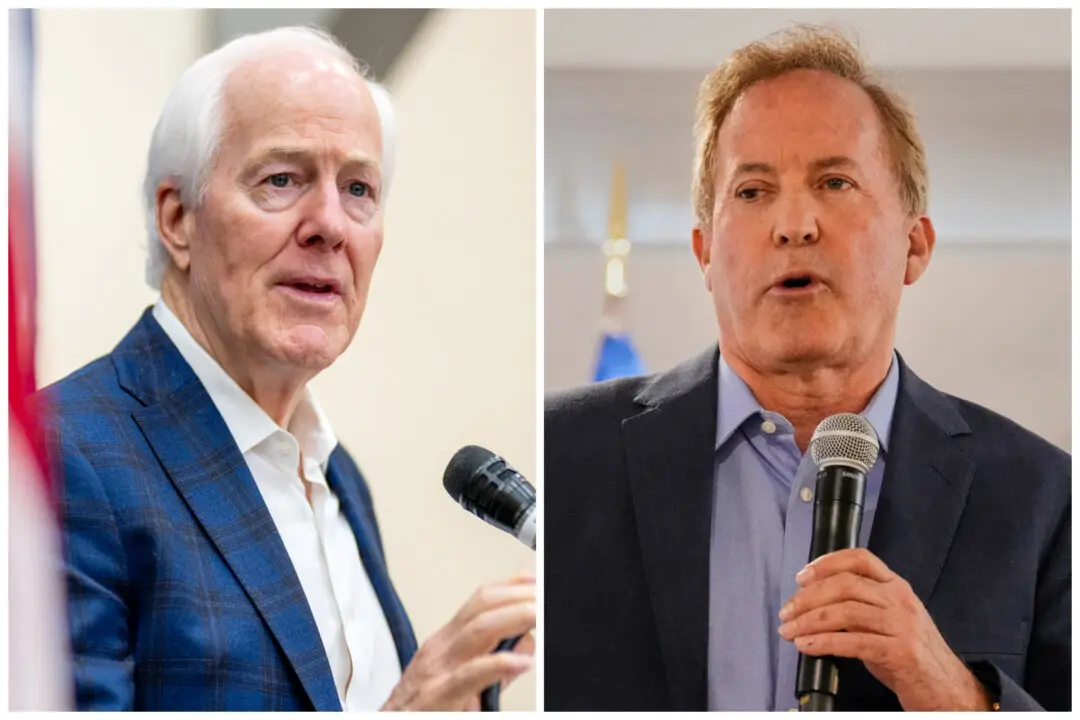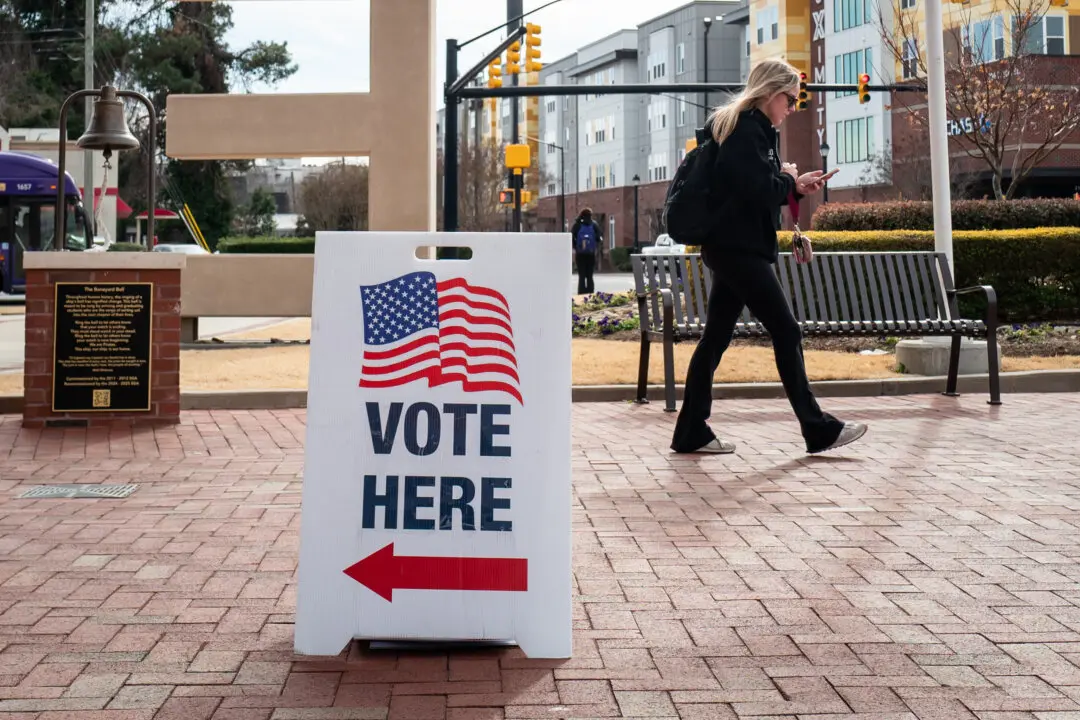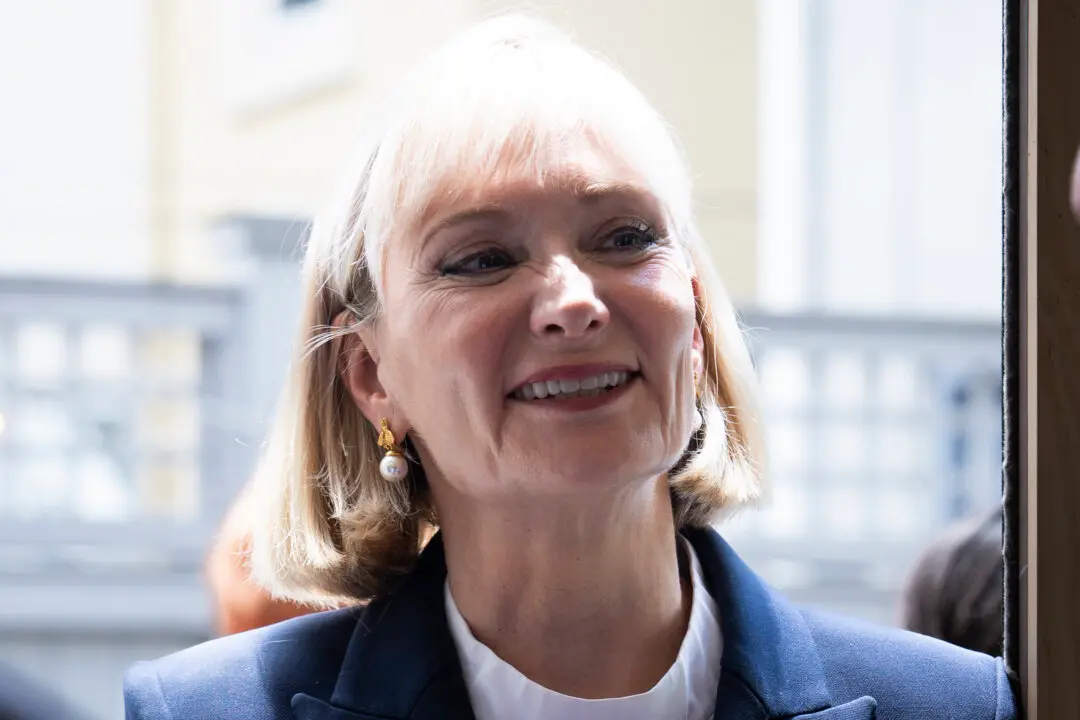GOP presidential candidate Nikki Haley said she would pardon former President Donald Trump if he is convicted.
During a Dec. 28 town hall in New Hampshire, just weeks until the Iowa Caucus and just under a month until the first-in-the-nation primary, a 9-year-old girl asked the former South Carolina governor and U.S. ambassador to the United Nations if she would pardon the former president, who dominates in the polls despite his legal woes.





